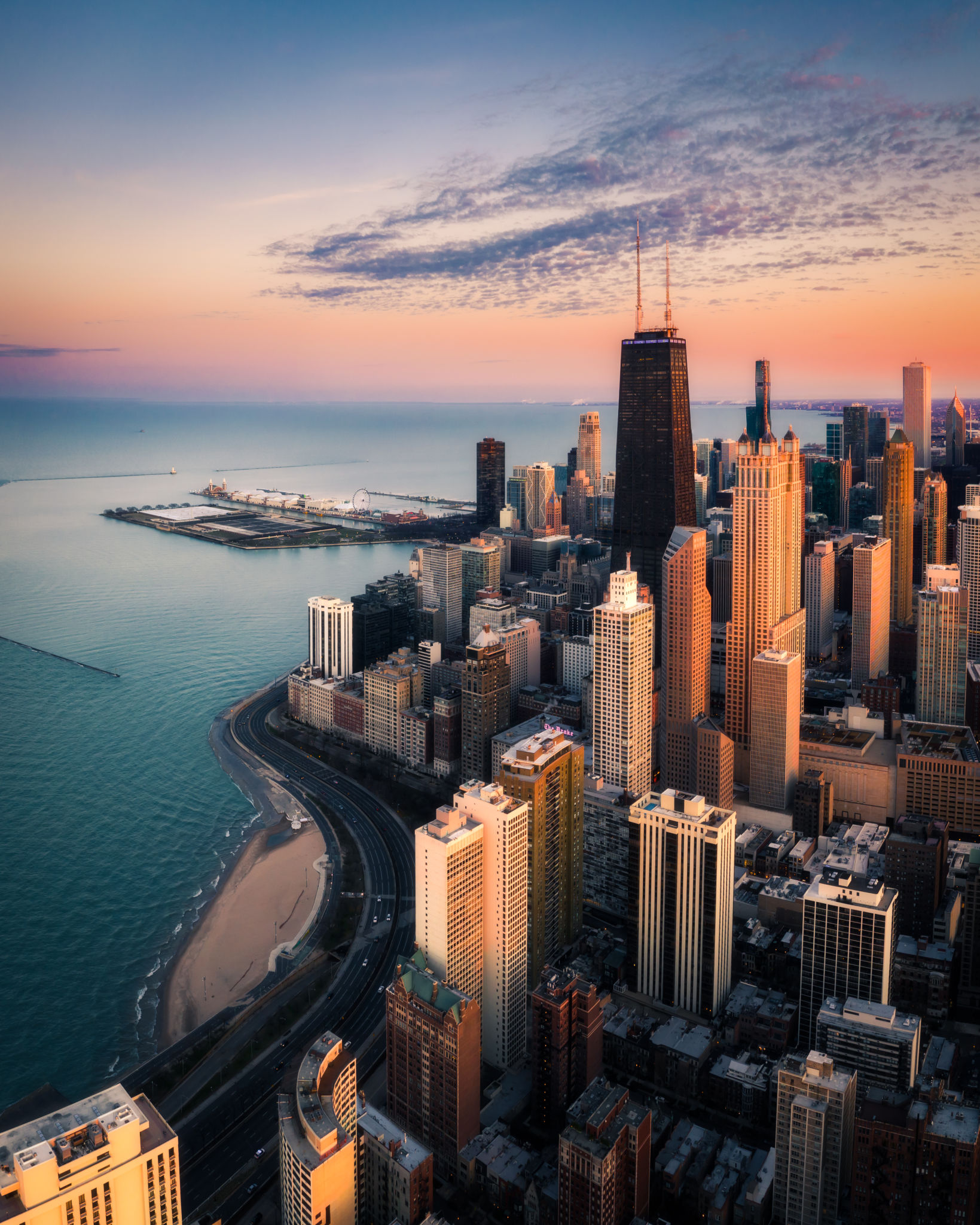Navigating Renewable Energy Regulations in Chicago
Understanding Renewable Energy Regulations
As Chicago continues to lead in sustainable practices, understanding the city's renewable energy regulations becomes essential for businesses and homeowners alike. Navigating these regulations is crucial to ensure compliance and to take full advantage of the incentives available. The framework is designed to encourage the adoption of green energy, while also ensuring that environmental impacts are minimized.

Key Regulatory Bodies
The main regulatory bodies governing renewable energy in Chicago include the Illinois Commerce Commission (ICC) and the Illinois Environmental Protection Agency (IEPA). These organizations oversee the implementation of policies that promote renewable energy projects and ensure they adhere to state and federal standards. Familiarizing yourself with their guidelines is the first step in navigating the regulatory landscape.
The ICC is responsible for regulating utilities and ensuring fair practices, while the IEPA focuses on the environmental aspects of energy production and use. Understanding the roles of these organizations can help stakeholders comply with regulations and benefit from available programs.
Permit Requirements and Processes
For those looking to install renewable energy systems, obtaining the necessary permits is a critical step. The process can vary depending on the type of system and its location. Generally, applications must demonstrate compliance with zoning laws, building codes, and safety standards. This often involves submitting detailed plans and specifications for review by city officials.

Moreover, specific permits may be required for different types of installations, such as solar panels or wind turbines. It is essential to conduct thorough research or consult professionals who are well-versed in local regulations to streamline this process.
Incentives and Rebates
Chicago offers a range of incentives and rebates to promote renewable energy adoption. These incentives can significantly offset the initial costs associated with installing renewable energy systems. For instance, tax credits and rebate programs are available for solar panel installations, making them more financially viable for property owners.
Additionally, the state of Illinois offers Renewable Energy Credits (RECs) that can be traded or sold, providing an extra revenue stream for renewable energy producers. Staying informed about these opportunities can maximize your return on investment.

Challenges and Opportunities
While the regulatory landscape in Chicago supports renewable energy development, challenges such as complex permitting processes and evolving policies can pose obstacles. However, these challenges also present opportunities for innovation and growth within the industry. By staying up-to-date with regulatory changes and leveraging available resources, businesses and individuals can effectively navigate these challenges.
Collaborating with experienced professionals, such as renewable energy consultants or legal experts, can provide valuable insights and assistance. This collaboration can lead to more efficient project development and compliance with all necessary regulations.
The Future of Renewable Energy in Chicago
With ongoing advancements in technology and growing support from local government, the future of renewable energy in Chicago looks promising. The city's commitment to reducing carbon emissions and promoting clean energy sources is evident in its long-term sustainability goals. By understanding and adhering to current regulations, stakeholders can play a significant role in shaping this future.
As more individuals and businesses embrace renewable energy solutions, Chicago's landscape will continue to evolve towards a greener, more sustainable city. Staying informed and proactive in navigating regulations will ensure that this transition is both smooth and beneficial for all involved.
